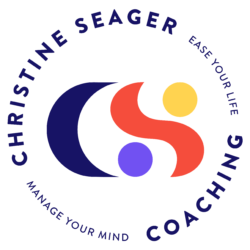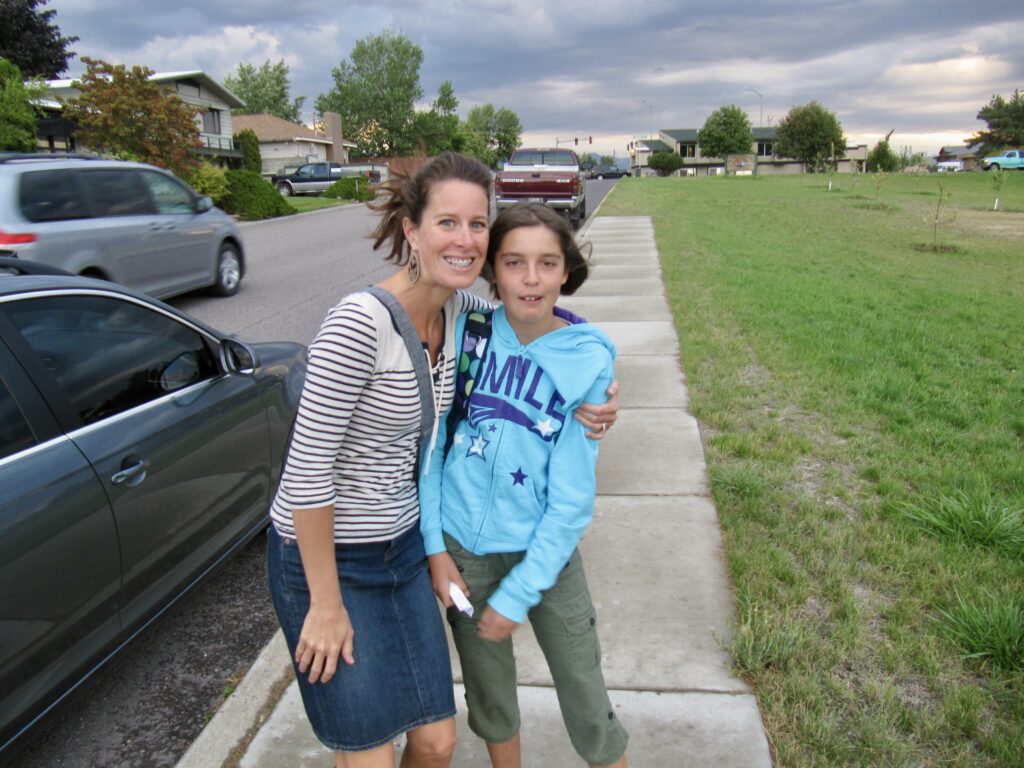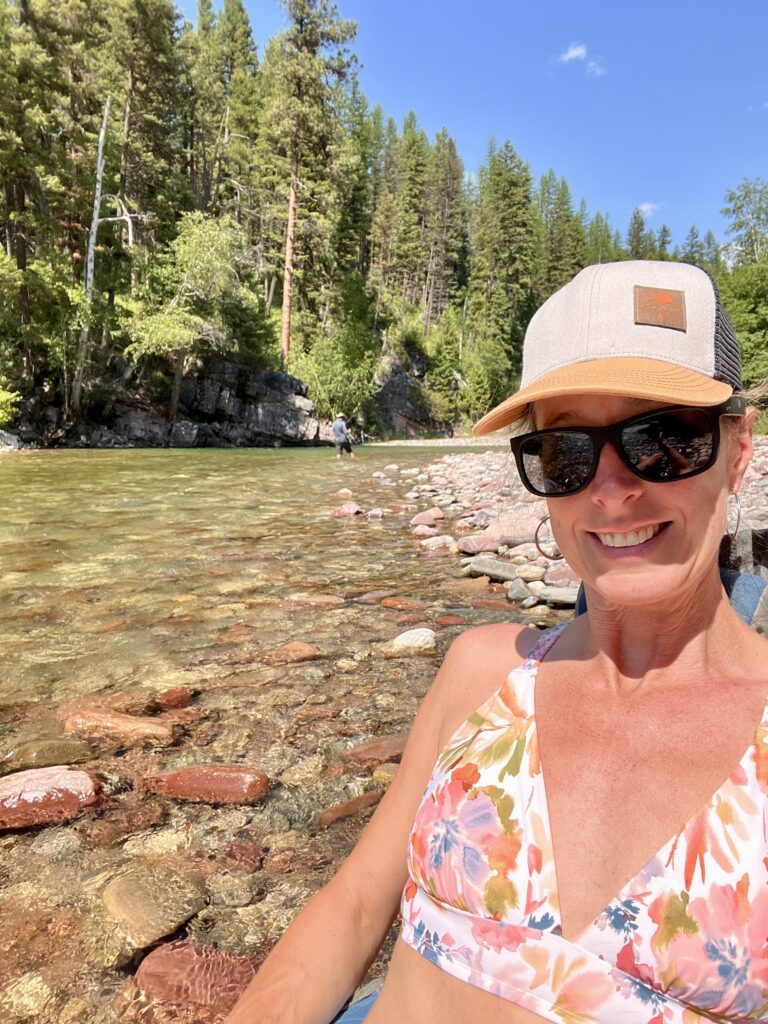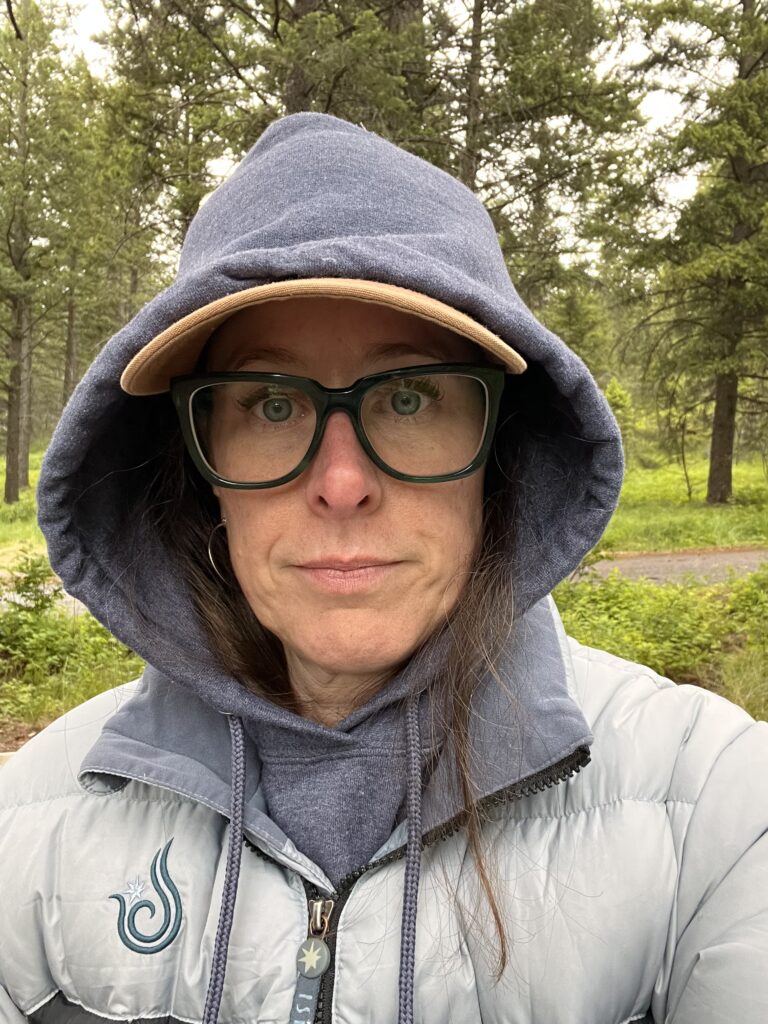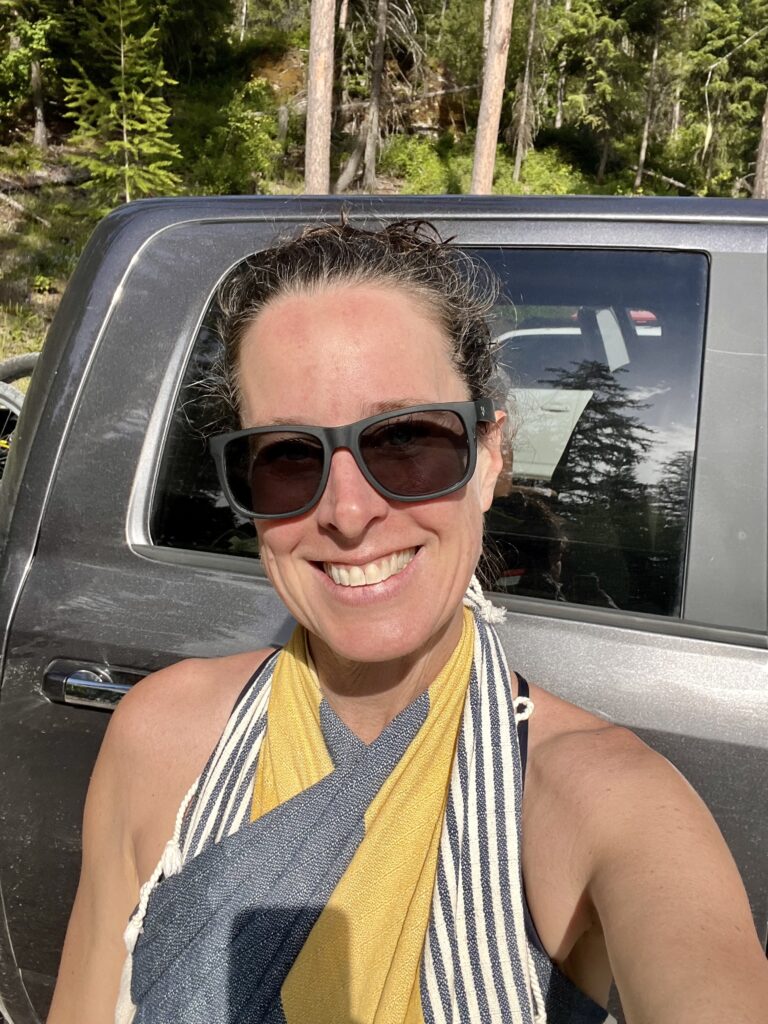Does the idea of living an extraordinary life feel out of reach when you’re buried in work and the endless demands of healthcare? You’re not alone if it does. But here’s a little secret: an extraordinary life is not only possible—it’s closer than you think. There’s a process to get there, one step at a time, and it starts with learning how to manage your mind.
Managing your mind is all about how you handle stress, make tough choices, and feel confident about those decisions without second-guessing. It’s not a personality trait or something you’re born with; it’s a skill you can develop. And it’s this skill that can help you live life on your own terms, even within the intense world of healthcare.
Imagine going into each day feeling clear, confident, and ready for whatever comes your way. It’s more than just surviving the day-to-day—it’s a way of actively designing a life you love, even on the busiest days.
So, how can you get started with managing your mind? Here’s one powerful step:
Notice the Little Wins
When you finish a difficult shift or handle a challenging patient with care and patience, recognize that as a win. Confidence doesn’t come in a flash; it’s built gradually, one brick at a time, through moments like these. Acknowledging these small victories builds your resilience and reminds you that you *are* in control.
By making a habit of celebrating these everyday successes, you’ll find yourself feeling more confident and at ease with life’s demands. It might feel small, but the benefits add up. And over time, this mental clarity and confidence become the foundation for a life you love—one you’re designing, not just letting happen.
Living an extraordinary life in healthcare isn’t about changing careers or dropping all your commitments. It’s about taking ownership of your mindset, finding clarity, and building confidence that sticks.
Ready to explore this further?
Join me on November 13 for an online masterclass on Boundaries, where we’ll dive into strategies to build a life that fits you. Or, if you’re ready to take a deeper dive, stay tuned for a special offer designed to set you up for your best year yet. (Let me know if you want to be one of the first to know.)
Let’s make an extraordinary life your reality. Registration is required, click the link below to sign up.
Reminder: as part of the benefits offered at Logan Health, employees get free coaching sessions. You can book a coaching session
